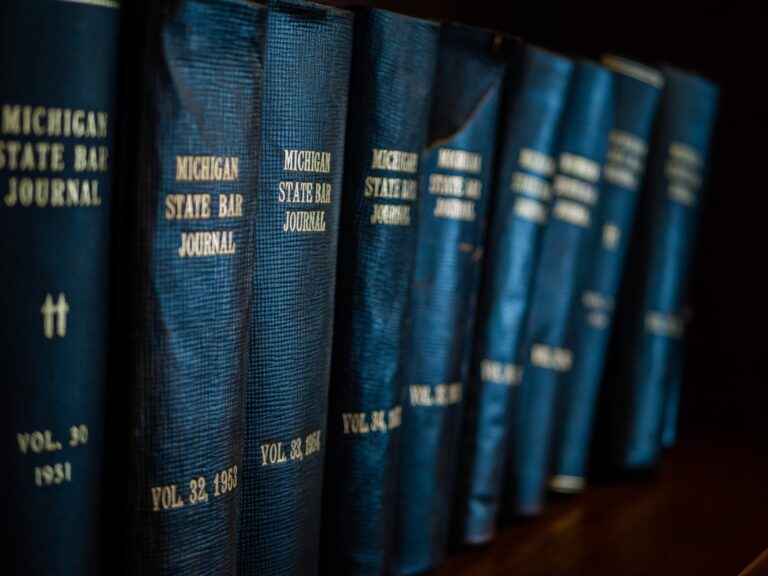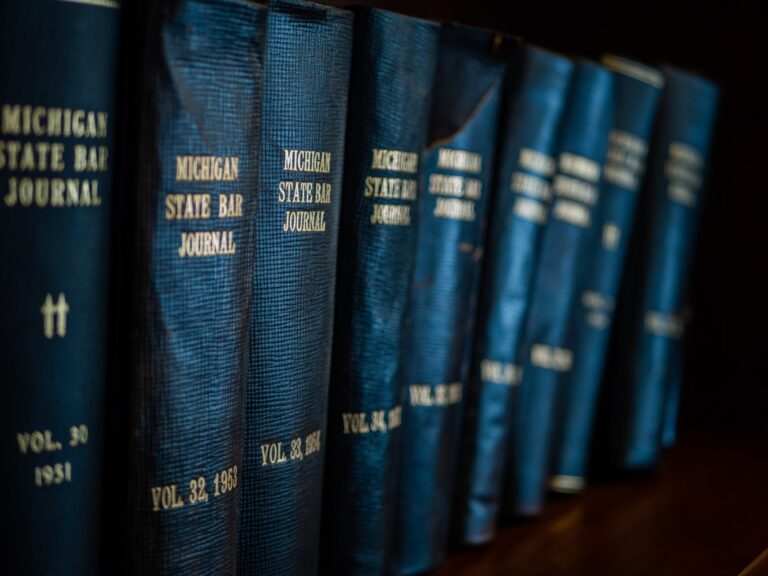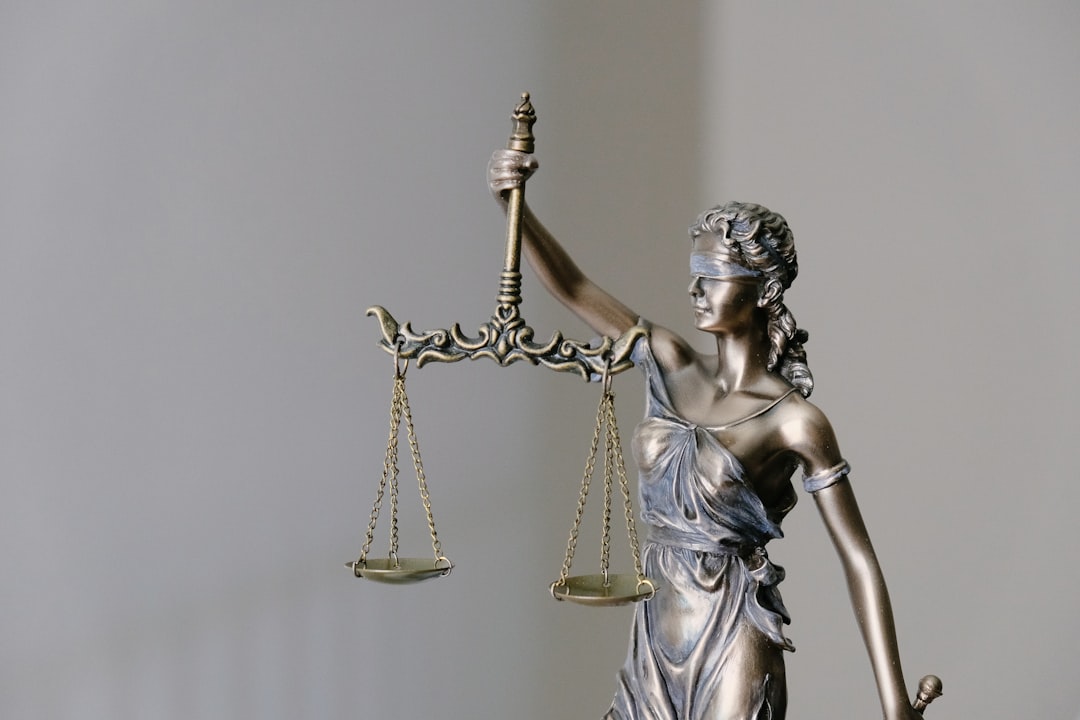In Benton sexual assault cases, rape lawyers in Arkansas emphasize the paramount importance of evidence preservation. From physical samples to digital records, these specialists guide law enforcement and medical professionals through intricate procedures to maintain integrity and admissibility. Meticulous handling ensures truthfulness, strengthens case narratives, and safeguards against challenges. Engaging specialized teams enhances accuracy, ultimately benefiting cases and ensuring a fair trial for all involved, with DNA evidence, medical records, and digital communications playing pivotal roles in jury decisions.
In Benton, Arkansas, sexual assault cases hinge critically on evidence preservation. This article delves into the legal significance of safeguarding evidence, highlighting the indispensable role played by specialized rape lawyers in ensuring its proper handling. We explore challenges unique to digital and physical evidence collection, offering best practices for law enforcement and medical professionals to enhance accuracy. Effective evidence preservation significantly impacts court outcomes, making it a game-changer for justice in Arkansas, where dedicated rape lawyers are instrumental in securing verdicts based on robust, reliable proof.
Understanding the Legal Significance of Evidence Preservation in Benton Sexual Assault Cases

In Benton sexual assault cases, evidence preservation is a critical aspect that cannot be overlooked, as it significantly influences the outcome of legal proceedings. The collection and proper handling of evidence are essential steps in ensuring justice for victims and holding perpetrators accountable. Rape lawyers in Arkansas emphasize that every piece of evidence, from physical samples to witness testimonies, plays a vital role in building a robust case.
The legal significance lies in the fact that evidence preservation ensures that the truth is accurately represented in court. It allows rape lawyers to construct a compelling narrative, supporting their client’s innocence or guilt. Moreover, it safeguards against potential challenges where the integrity of evidence might be questioned, ensuring a fair trial for all parties involved.
The Role of Rape Lawyers in Ensuring Proper Handling of Evidence

In Benton sexual assault cases, the role of rape lawyers is pivotal in ensuring that evidence is properly handled and preserved. These legal experts are well-versed in the intricate procedures and protocols necessary to maintain the integrity of physical and digital evidence. They guide law enforcement and medical professionals on collecting and storing samples, documents, and other relevant materials, minimizing the risk of contamination or mishandling.
Rape lawyers in Arkansas play a crucial part in navigating the complex legal landscape surrounding sexual assault cases. By employing their extensive knowledge of evidence laws, they can protect the rights of their clients while ensuring that all potential evidence is accounted for. This meticulous approach increases the chances of successful prosecution and just outcomes for victims, making them indispensable partners in the pursuit of justice.
Challenges in Preserving Digital and Physical Evidence in Sexual Assault Investigations

In Benton sexual assault cases, preserving evidence is paramount for ensuring justice. However, digital and physical evidence faces unique challenges that can impede investigations. Digital evidence, such as cell phone records, social media posts, and security footage, requires specialized knowledge and technology to extract and protect. The rapid pace of data changes and the potential for data loss or manipulation pose significant risks, making it crucial to involve experienced rape lawyers in Arkansas who understand these complexities.
Physical evidence, too, demands meticulous handling. From clothing to DNA samples, any contamination or mishandling can render it inadmissible in court. Proper storage, labeling, and documentation are essential steps. In many cases, the integrity of physical evidence is compromised due to human error or lack of specialized facilities, further complicating the legal process. Therefore, a thorough understanding of evidence preservation protocols and collaboration with professionals is vital for successful prosecution in Benton sexual assault cases.
Best Practices for Law Enforcement and Medical Professionals to Secure Evidence

When dealing with Benton sexual assault cases, best practices for law enforcement and medical professionals are crucial in ensuring that evidence is preserved properly. Immediate action is critical; responding quickly to a reported incident can significantly impact the admissibility of physical evidence. Law enforcement should document and secure the scene, collecting any visible signs of trauma or suspicious materials. This includes taking detailed notes, photographs, and video recordings while maintaining a low-light, undisturbed environment to preserve potential forensic clues.
Medical professionals play a vital role by providing prompt and thorough examinations. They must collect and package evidence carefully, following protocols to minimize contamination. This involves using sterile techniques for swabs and ensuring that any clothing or personal items are handled with care. Proper documentation of the collection process is essential, detailing the time, date, and method of evidence gathering. Engaging specialized forensic teams can further enhance accurate evidence preservation, benefiting cases involving rape lawyers in Arkansas.
Impact of Effective Evidence Preservation on Court Outcomes in Arkansas

In Benton, Arkansas, effective evidence preservation plays a pivotal role in shaping court outcomes for sexual assault cases. The process ensures that crucial physical and digital evidence is meticulously collected, documented, and preserved, maintaining its integrity and admissibility in legal proceedings. This is of utmost importance given the sensitive nature of rape cases, where compelling evidence can significantly sway jury decisions and lead to just verdicts.
Rape lawyers in Arkansas emphasize the impact of proper evidence preservation on case strength. When handled appropriately, physical evidence such as DNA samples, medical records, and forensic reports can irrefutably link a defendant to the crime scene. Similarly, digital evidence from devices like smartphones or computers may reveal incriminating communications or images, providing additional support for the victim’s account. By contrast, inadequate preservation can lead to the exclusion of vital evidence, potentially weakening or even undermining the case presented by rape lawyers, and ultimately affecting court outcomes.






